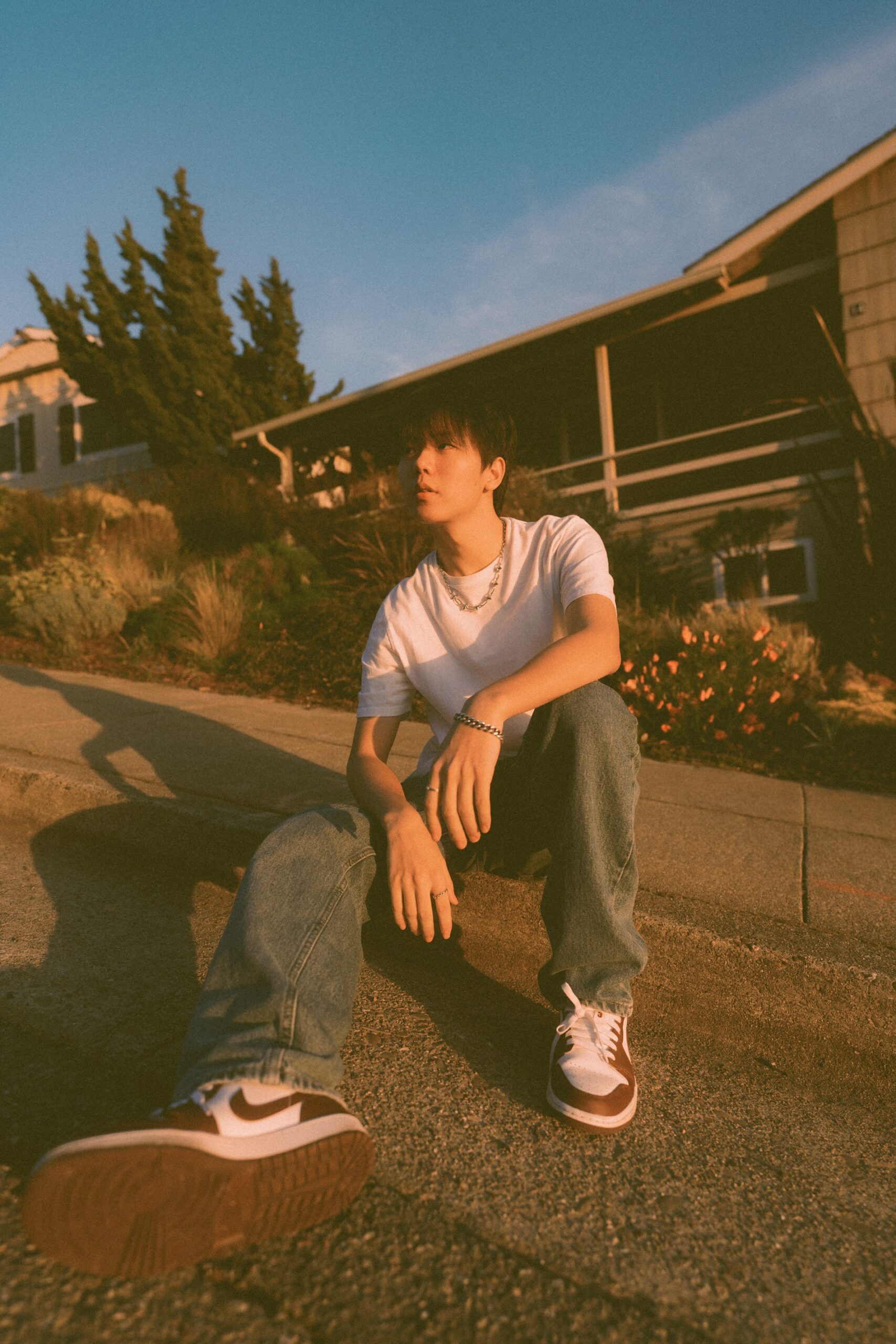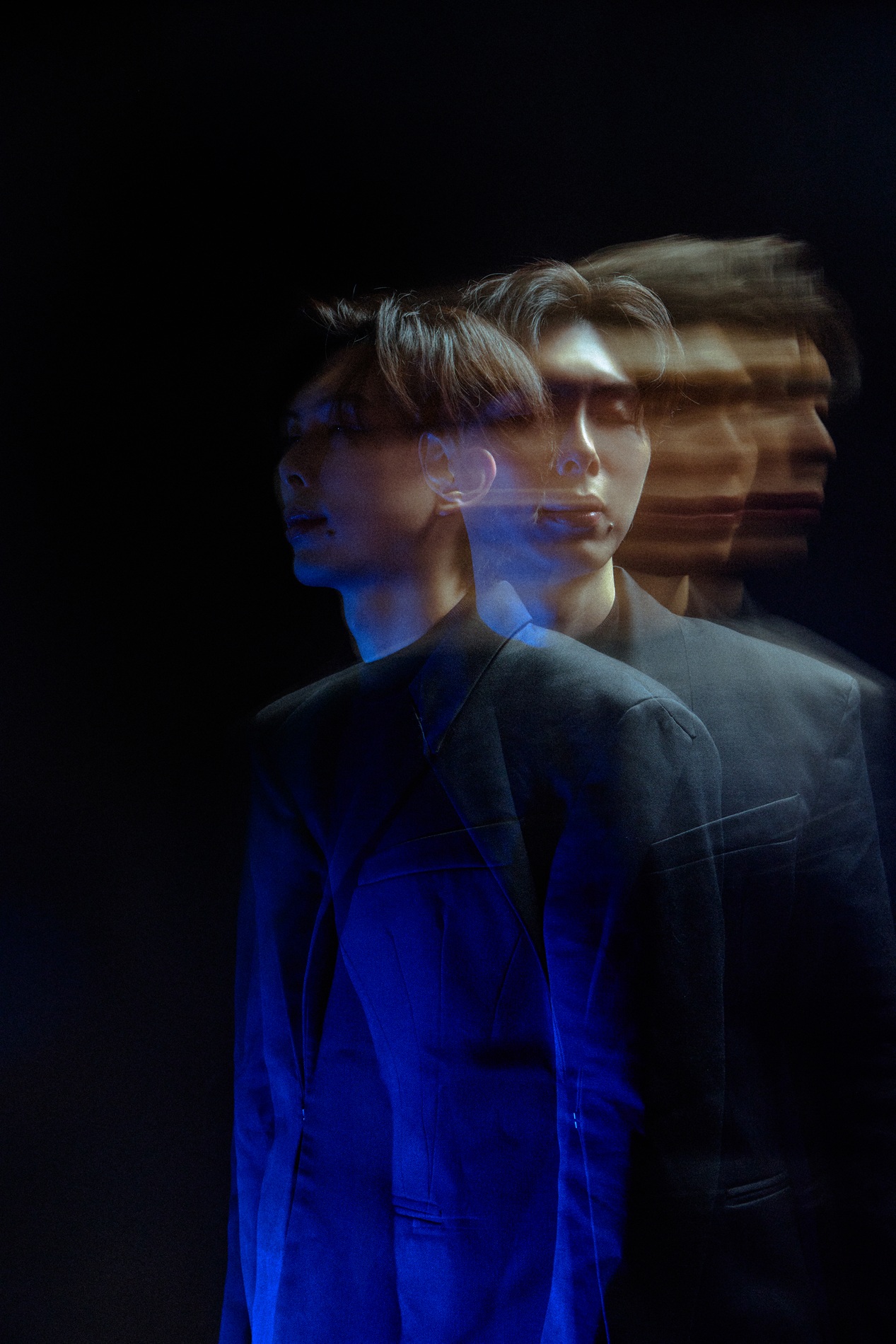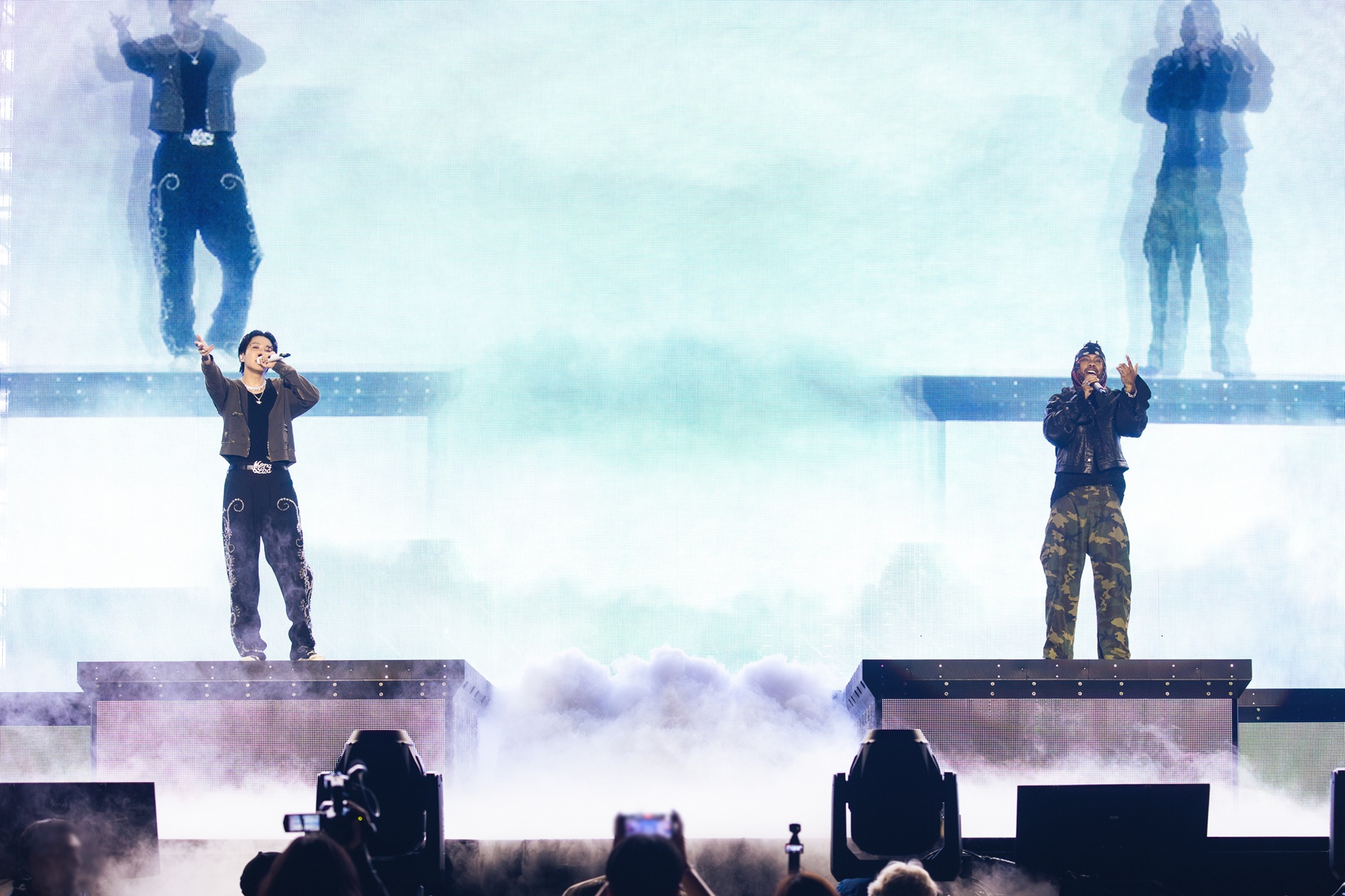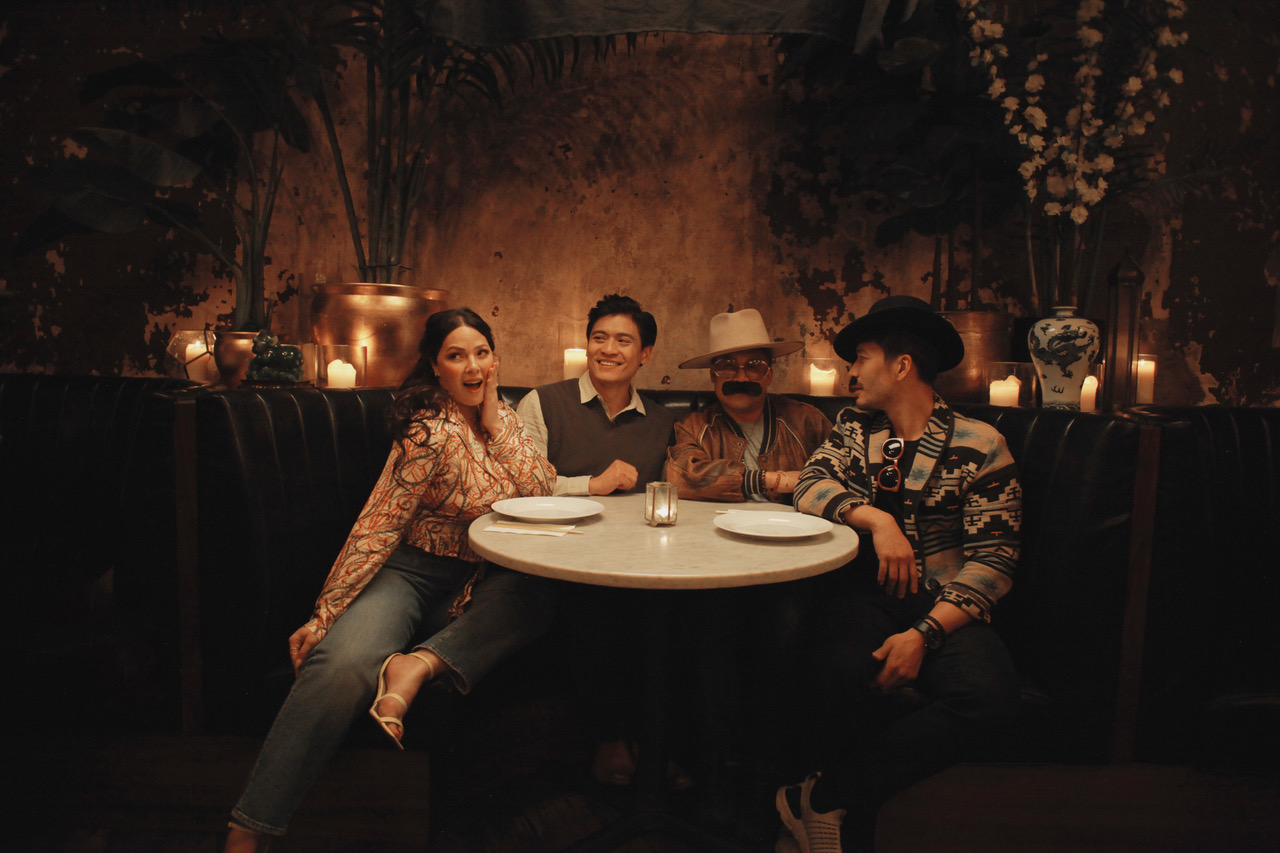Roman Kayz, a singer and songwriter from Korea sits down to talk about his musical journey. The artist was born and raised in Korea before moving to Thailand where he attended international school. Now, you’ll find Kayz in Los Angeles, California where he continues to pursue his musical dreams.
The artist is set to release his debut EP later this year! Before that though, Kayz is promoting his latest project the trilogy. It is a set of three songs that trace the end of a boy’s complicated relationship. He wrote and released the songs independently. Alongside that, two music videos accompany tracks “like you said you would” and “how do i make you stay?“.
The interview with Roman Kayz is below. Check it out.
Interview with Roman Kayz
Please introduce yourself to the HypnoticAsia readers.
Hey, I’m Roman Kayz. I’m a singer-songwriter from Korea, now in Los Angeles. I started making music in my bedroom when I was 15. Now, eight years later, I’m about to change the history of music, starting with my debut EP. Welcome aboard.
Can you tell us a bit about your early life in Korea and your move to Thailand? How did these experiences shape you as a person and an artist?
Born in this city called Daejeon in Korea. I grew up with my grandmother for a few years and then moved with my parents to Seoul. I don’t really remember much about my childhood in Korea other than playing baseball. When I was 10, I moved to Bangkok and started going to an international school. There, my world opened up. I met many friends from all sorts of diverse backgrounds. I met a close friend (one of my best friends now) who was into music and one day we thought, “why don’t we make our own?” We were young and had no musical knowledge – all we had was passion. We made whatever music that came to our minds and slowly but surely we were improving our craft. I wrote a lot of shitty songs that will never see the light of day, but that experience of just writing music that I love is what shaped my music today. When you sincerely love doing something, you just naturally get better without even knowing.
You’ve spoken about facing an identity crisis during your teen years. How did this period of your life contribute to your journey in finding your artistic identity?
What happens when you grow up surrounded by multiple cultures is that you start to lose a sense of yourself. It’s a common struggle that, for example, Asian Americans face, but at least in America there is a homogeneous “American” culture you can at least mold yourself into. For me, it was quite literally everything, everywhere, all at once. This crisis started in Thailand where I was constantly trying to be everything (which surprisingly wasn’t that difficult), but it really hit me when I briefly stayed in Korea during my last two years of high school. My classmates in Korea treated me as if I was a foreigner. What was more frustrating, though, was that I couldn’t even blame them because at that point I had become severely “white washed” and I didn’t even get their lingo. I felt like I didn’t belong anywhere, even in my “home” country. I’ve always been an outsider that’s just really great at blending in, which is probably a skill that I developed because I was always an outsider. People love to categorize you as one thing or the other, but music was the only place I could be everything. Music was my home.
Can you describe the moment or process when you felt you truly owned your identity as an alternative/indie-pop artist? How did the trilogy play a role in this?
I don’t think my identity lies in being an artist of any genre. Rather, my identity is expressed through certain sounds (often with influences from artists I look up to) that people recognize as a specific genre. With the trilogy, I didn’t go into it thinking, “You know what, I’m going to make an indie-pop record.” There was a story and message I wanted to write and it just naturally manifested in a specific style of music. Of course, every artist has a distinctive style but I’m just saying that, for me, I try not to box myself into that.
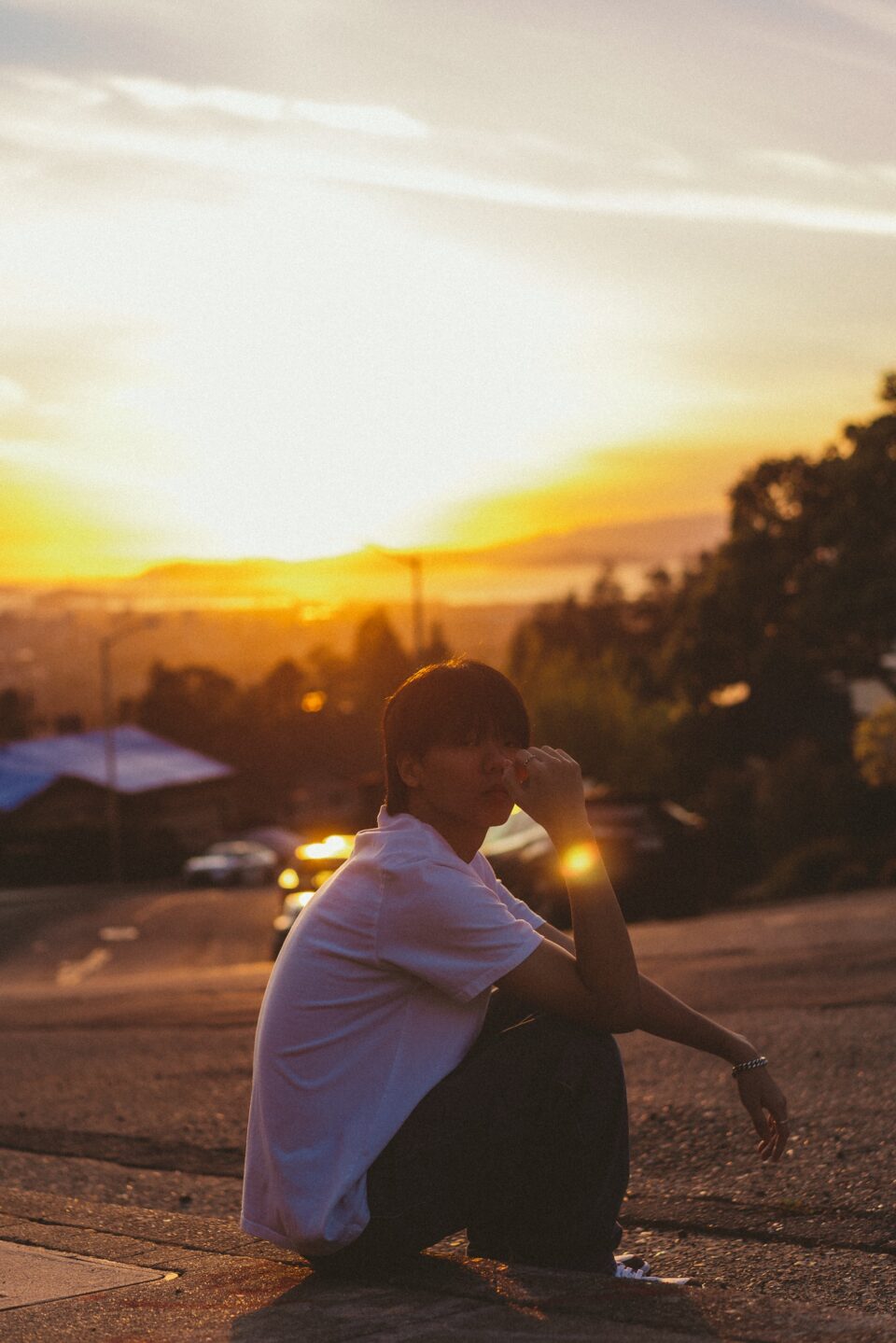
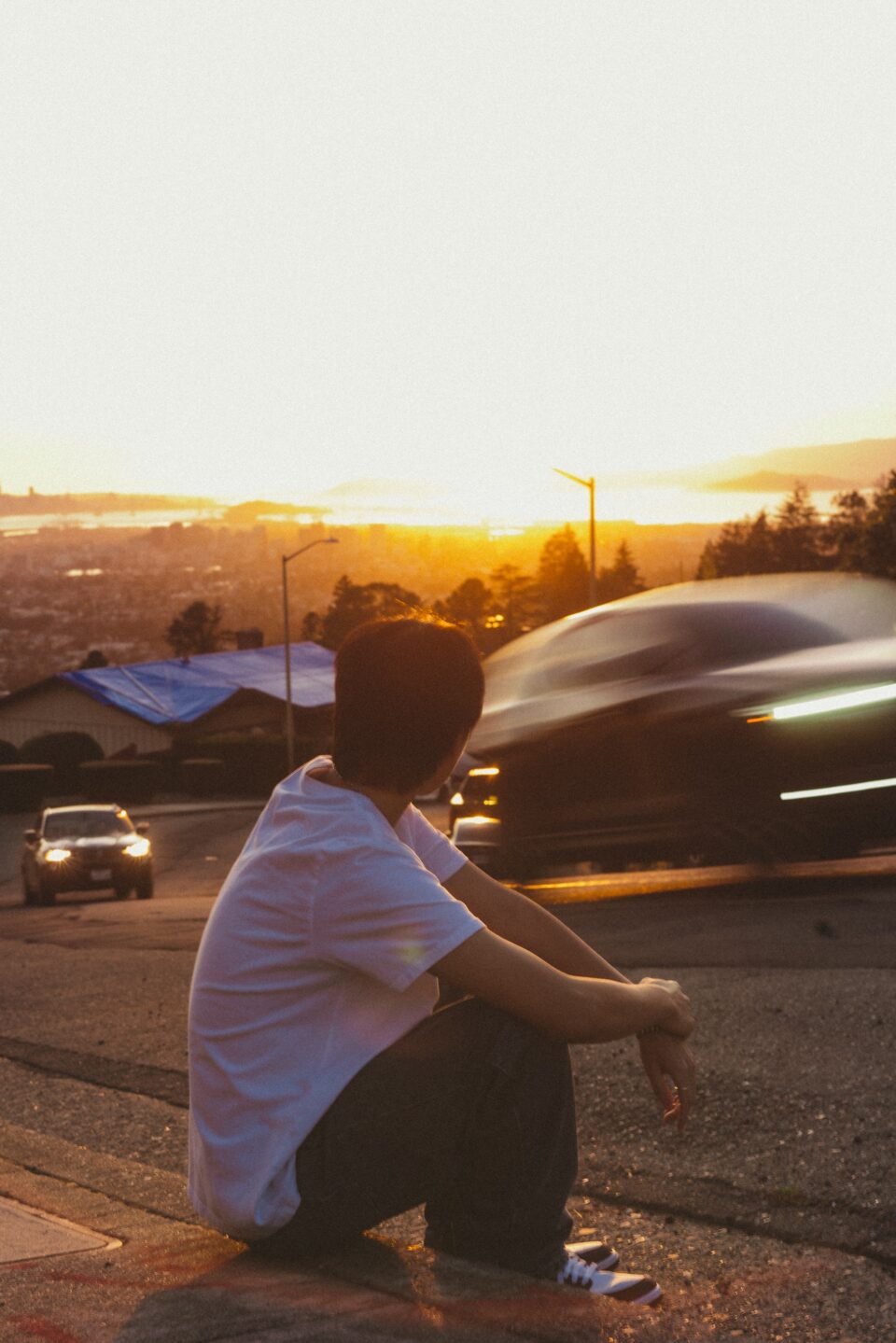
What themes or messages are you most passionate about conveying through your music?
To be honest, I’m not gonna sit here and say that I’m interested in talking about the “political and economic state of the world” while most of my discography so far is literally about girls. Don’t get me wrong – I am a big fan of social critique through music and I do want to touch on that later down the line. However, what really inspires me at this stage of my life is love, relationships, and “figuring it out” as an outsider.
Can you walk us through your creative process when working on new music? How do you start, and what keeps you inspired throughout?
It’s really case by case. Sometimes, great ideas just come to me and I would finish a song in an hour. Sometimes, I sit on a song for months arranging and editing endlessly and it becomes something that I didn’t even see it becoming. If you listened to the initial demos of some of my discography, you’d think “how did THAT become THIS”. Right now, I’m really inspired by the idea of putting together my first body of work so that’s what I’m doing.
Are there any non-musical influences, such as books, films, or personal experiences that have significantly impacted your work?
Non-musical things inspire me on the daily, but I often draw inspiration from films. I’ve always been fascinated by the idea of creating a visual piece of art and I always try to make sounds come to life, even if it’s in your head.
What has been the most challenging part of your journey as an artist, and how have you overcome it?
The most challenging yet beautiful part of being a creative is challenging not just yourself but also the listener. You have to provoke them. It’s almost ironic because people want to and try to find answers in art, but it just leaves you with even more questions. And that’s your job as an artist – to pose the difficult questions and let the audience figure it out for themselves. If nobody is raising a question walking out of the theater after your movie, then has your movie really made an impact? I don’t think any artist has ever “overcome” this dilemma because we’re all figuring this out. And we will be, forever.
What are some upcoming projects or goals you’re excited about?
I’m working on my debut EP at the moment. It’s about this guy that’s always been an outcast. Constantly on the run, he arrives in a foreign land that was never meant for him. There, he has some strange encounters.
How do you envision your music evolving in the next few years? Are there any new directions or genres you’re interested in exploring?
I’m always going to experiment and explore; that’s a process that will never stop. Every project will be about the process and not the product. It’s, “Hey, this is what was happening” rather than, “This is what I made”. I want to take on different perspectives and talk about bigger messages, but I couldn’t tell you what they’re going to be. It’s simply in the unknown, which is the beauty of it.
Finally, what’s one thing about you that fans might be surprised to learn?
I love Wingstop. But like to a concerning extent. I’m also open to sponsorships.
Stay connected with Kayz:


